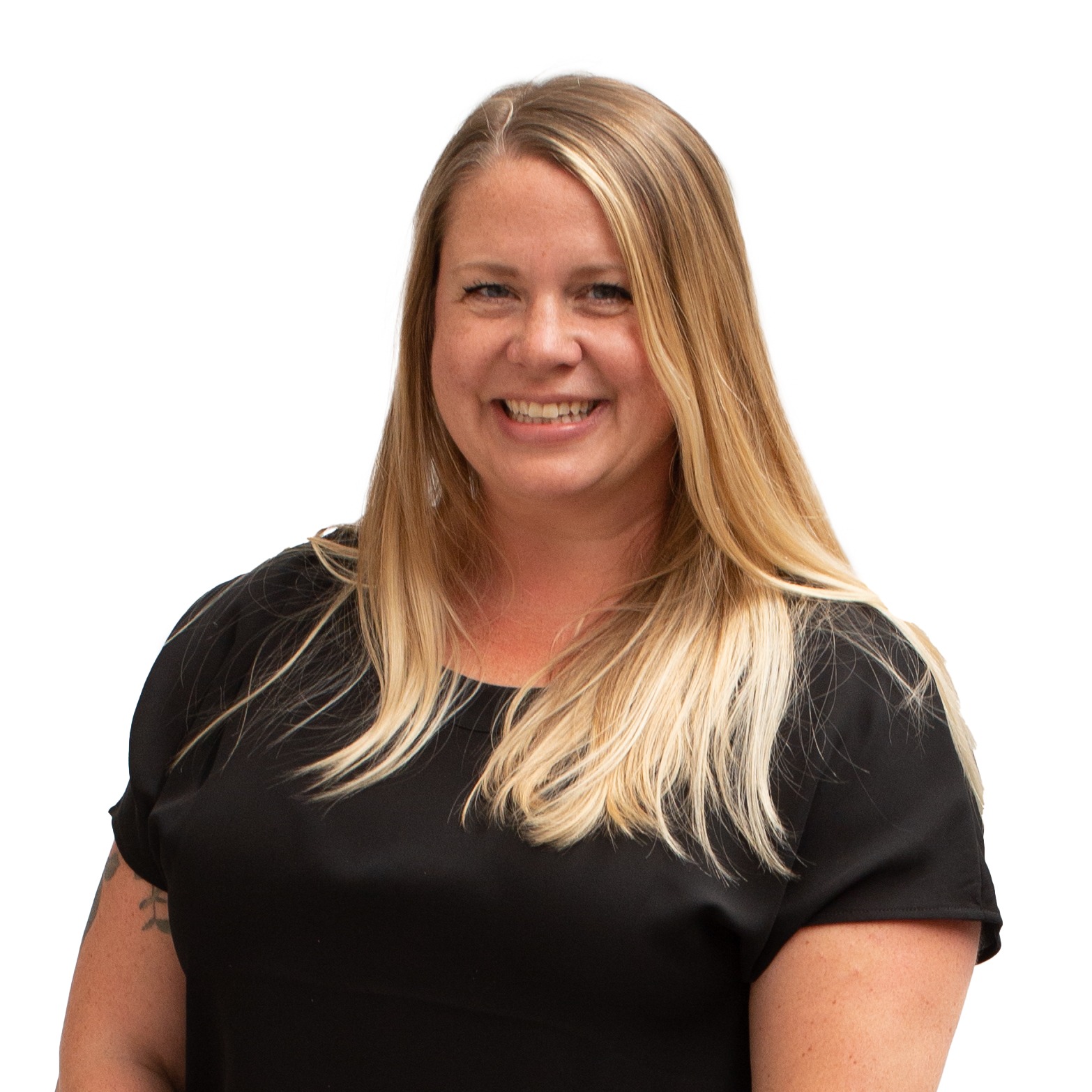Let's be honest, getting a colonoscopy is not on anyone’s “wish list.” Yet, colonoscopies are the best gift you can give yourself to prevent colon cancer—one of the deadliest cancers out there.
Dr. Nancy Panko, Board-Certified General Surgeon and Medical Director of Pullman Surgical Associates, shares important information about the procedure and why it’s such a critical screening tool.
What Happens During a Colonoscopy?
During the colonoscopy procedure, a specialized camera views the entire lining of the large intestine (colon). Patients are under anesthesia and don’t feel a thing. In fact, many report experiencing the “best rest” of their life. The procedure is an outpatient procedure and typically takes about an hour.
Dr. Panko is specifically looking for abnormalities, such as precancerous growths known as polyps. These growths can turn to cancer over time, so it’s crucial to identify them and remove them in their early stages. Should polyps be detected, they can be removed right then and there and sent off to pathology for examination.
“By removing them, we're potentially preventing cancer from forming. That's the primary thing I'm looking for during a colonoscopy. We're also looking for any abnormalities in the lining of the colon, any inflammation or other things that could be causing dysfunction with bowel habits,” she explains.
The primary type of polyps detected are adenomatous polyps—ones that have an increased risk of transforming to colon cancer. If a patient has been diagnosed with adenomatous polyps, that means they need to have an increased frequency of screening colonoscopy, generally between three and five years as opposed to 10.
“There are other benign polyps we see and we can't tell the difference just looking at them during the exam. It's really something that has to be determined when pathology looks at these specimens under the microscope. But, those benign polyps do not increase the risk of colon cancer and don't increase the frequency with which you need a colonoscopy,” notes Dr. Panko.
When Should You Start Colonoscopy Screening?
National guidelines recommend individuals start colorectal cancer screening with colonoscopy at the age of 45. In a patient with a normal colonoscopy, the recommended interval is every 10 years.
There are some patient groups that need to have colonoscopies more frequently or at an earlier age. For example, if someone has a first degree relative—mom, dad, brother, sister, child—who has colon cancer, the recommended time to start screening is either at age 40 or five years earlier than the age of the family member when they were diagnosed with colon cancer.
“Similarly, if you've had polyps or if you've had a personal history of colon cancer, we do more frequent screening,” shares Dr. Panko.
What does colonoscopy preparation look like?
It is true that the prep required for colonoscopy isn’t the easiest to endure. However, it’s necessary to get the most accurate view of the colon.
“I always tell my patients the prep is the least fun part of the colonoscopy. That being said, it's very important. In order for your physician to take a very good look at the lining of the colon and detect any polyps or any abnormalities in the lining of the colon, we need that colon to be very, very clean,” advises Dr. Panko.
She also urges individuals to keep up with their colonoscopies, as they do save lives. “By doing colonoscopies, we can prevent really devastating health issues down the road. I really express to all my patients, and my own family, that this is a vital part of taking care of yourself as we get older.”
Talk with your primary care provider to determine your colonoscopy screening plan.
You may also be interested in:
- I have to get lab work done... now what?
- Gastrointestinal Health: Keeping Your Gut Healthy
- Reduced Opioid Pain Management Options
